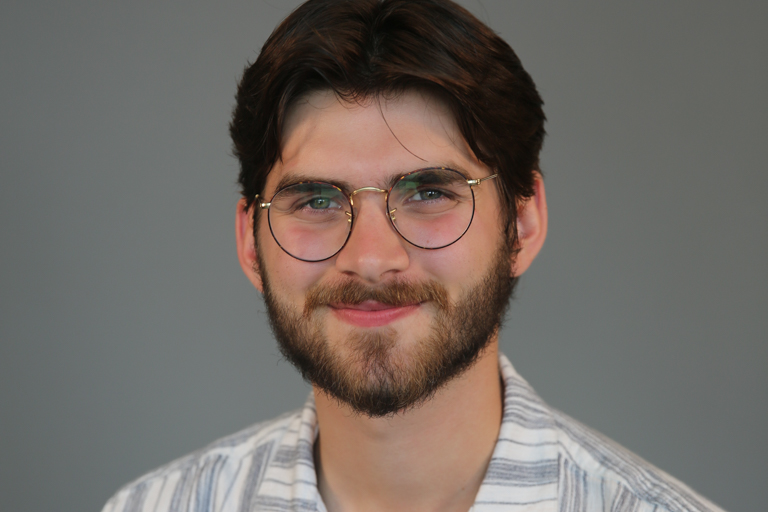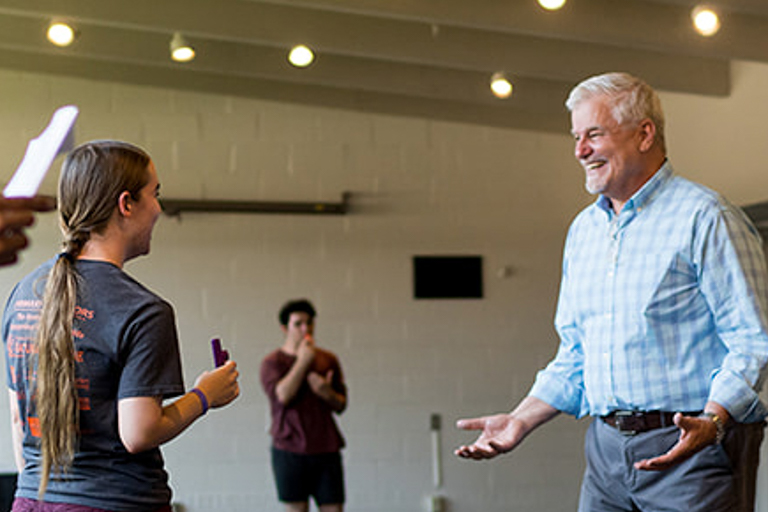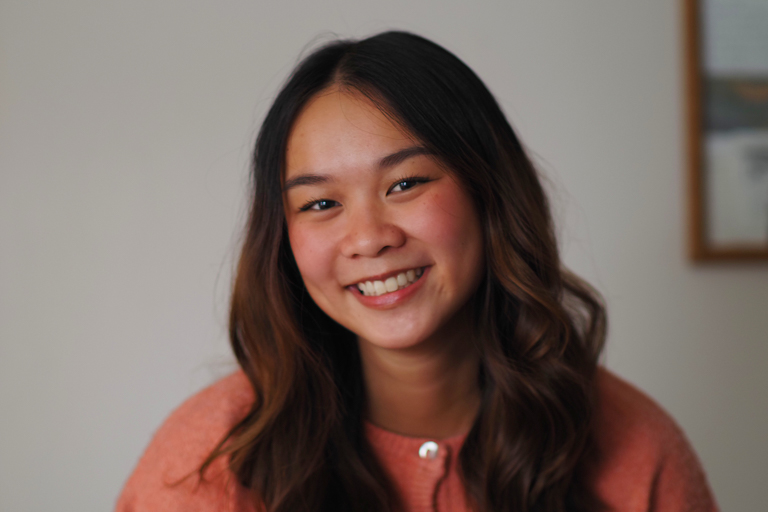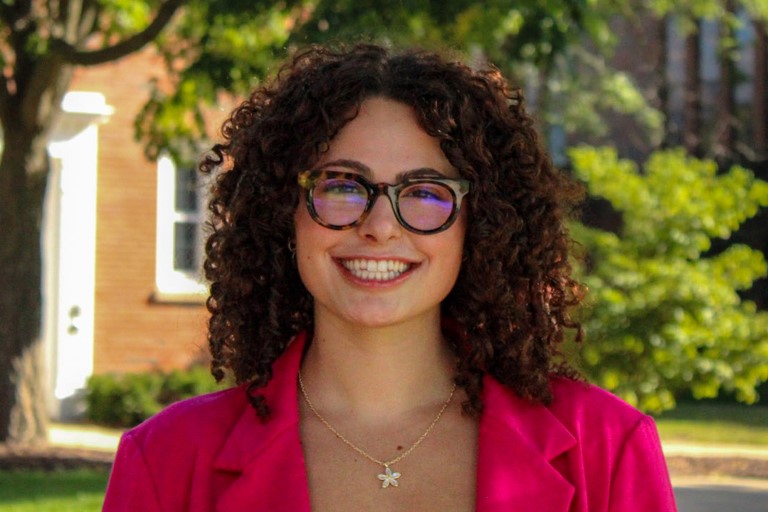Doug Addleman ’15: Science as Worship
Words: Ciera Horton McElroy ’17
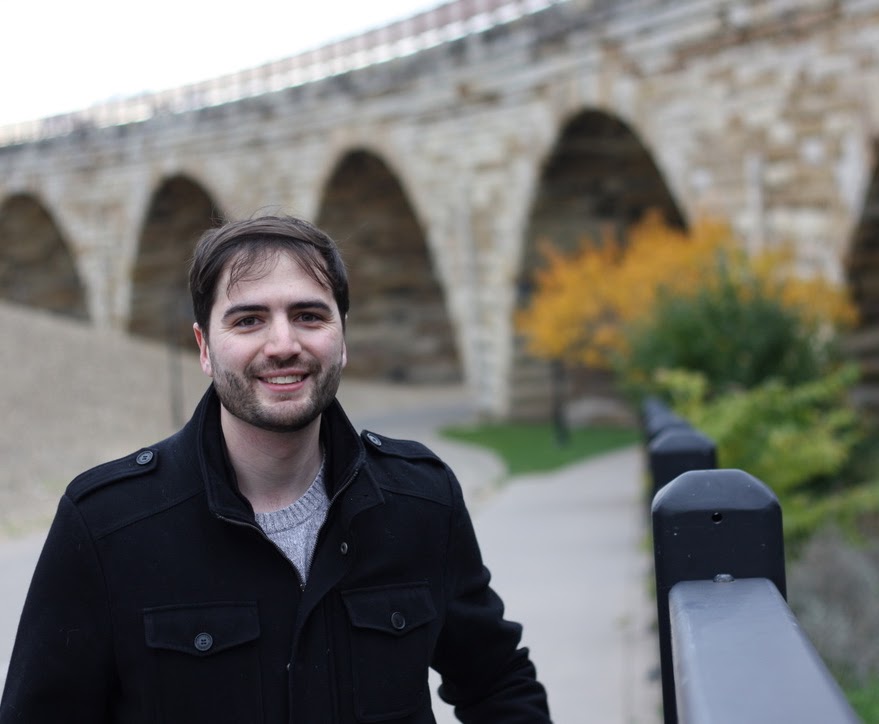
Doug Addleman ’15
“Scientific work can be an act of worship,” said Doug Addleman ’15, a cognitive psychology postdoctoral researcher at Dartmouth College.
A small-town kid from Mechanicsburg, Pennsylvania, Addleman is a self-professed philosopher-turned-neuroscientist. He came to Wheaton to study philosophy, following in the steps of his family’s legacy. His grandmother graduated in the class of ’44 and was a member of College Church for 74 years, making Addleman a third-generation Wheatie. But that’s not why he ultimately enrolled.
“I was unsure about whether I wanted to go to a Christian liberal arts school,” Addleman recalled. “Ultimately, I decided that I wanted to be surrounded by people who think a little bit like me. Not too much, but I think that some amount of a shared understanding can be really exciting.”
Approaching academics with the foundation of Christian principles meant that Addleman would be able to dialogue with students and faculty members, digging into questions about God, human nature, and how humans perceive and discover the world around them. “I still think that’s one of the strongest parts of the Christian liberal arts,” he said. “Relatively few people outside of the Christian liberal arts are interested in talking about these things.”
This hunger for existential questions served him well. He started his academic career in philosophy before taking on a double major in psychology. As Addleman put it, he enjoyed studying philosophy while he loved doing psychology. “I could actually have a data-driven way to understand the question about the human mind that I’ve been interested in for a long time: What makes people human?” said Addleman, reflecting on his decision to pursue neuroscience. “This is the same question I was interested in as a philosophy student. I’m interested in the intersection between the two fields—questions about what consciousness is, how what we see and hear shapes how we think and who we are.”
This is where science and worship collide. As a postgraduate researcher at Dartmouth, Addleman gets to spend his days thinking about data and working with research subjects to better understand the human experience. Although he spends a good deal of time coding experiments and putting them online for participants to complete remotely, what excites him the most is when he gets to participate in behavioral research in person.
Pre-pandemic, Addleman researched vision processing among elderly populations who were experiencing visual impairments like macular degeneration. “The reality is that many of these participants are lonely,” said Addleman, who would go into the nursing homes to facilitate the studies. “They love being around people. They love talking with people about anything that they’re really interested in. And people who have vision loss tend to be interested in talking about vision loss.”
As a scientist, Addleman gets to know his research participants and gets to better understand how human behavior affects the brain. The data, for Addleman, is inherently personal because it’s about real people. “I still like philosophy,” he said. “I read a lot of philosophy. The main thing that drew me into psychology was that I felt better equipped to answer questions from the empirical side than I did as a philosopher.”
In addition to his studies, Addleman was an active member of the Wheaton debate team and later married his debate partner Caitlin.

